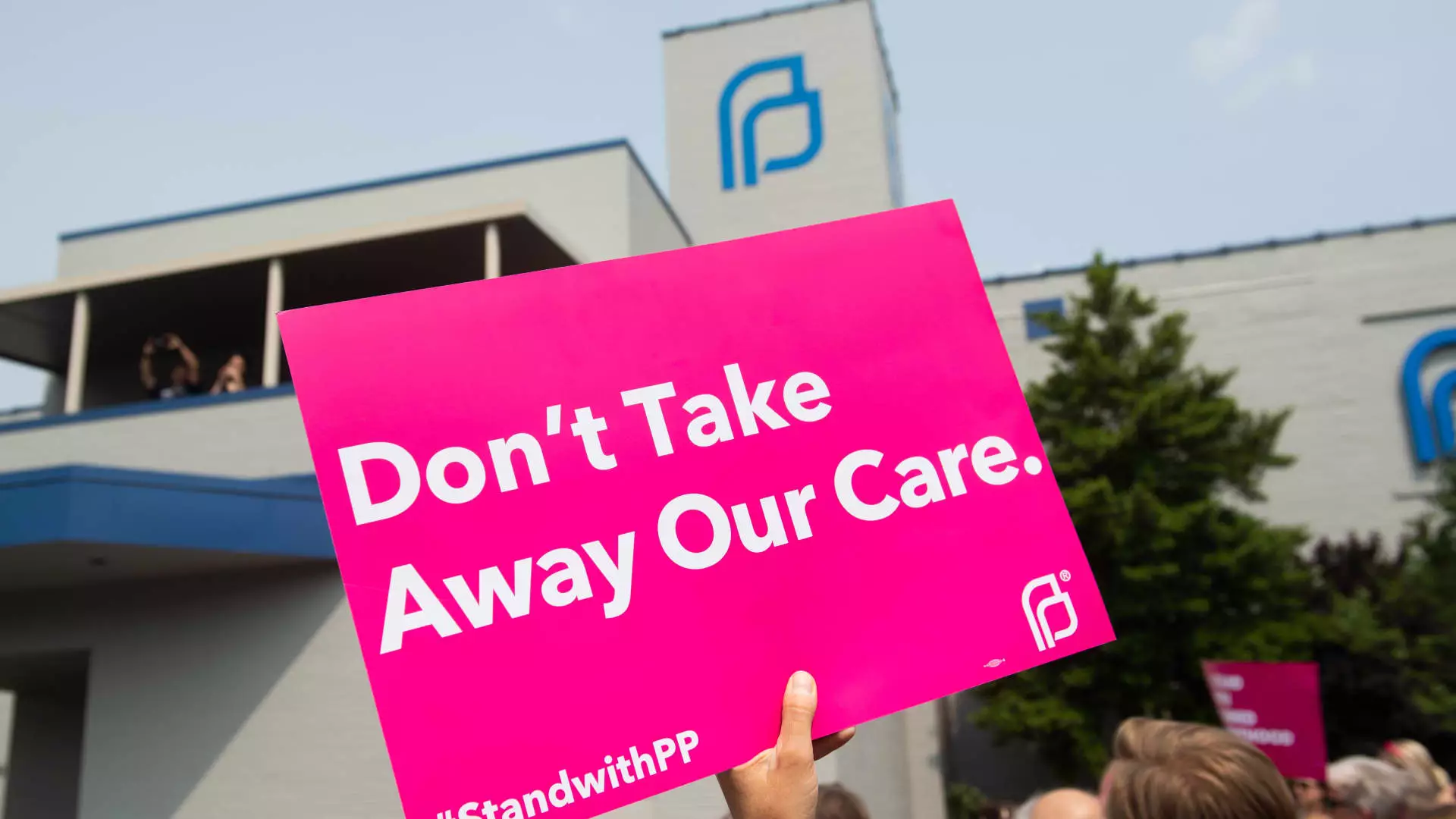Abortion bans implemented after the landmark decision of Roe v. Wade have had a profound impact on women and girls who have become pregnant as a result of rape. The findings of a recent research estimate, published in JAMA Internal Medicine, paint a grim picture of the consequences faced by these survivors. The study, led by the medical director at Planned Parenthood of Montana, reveals that over 64,000 pregnancies occurred due to rape in states with abortion bans. This article delves into the details of the research and examines the devastating effects of these restrictive measures on survivors.
According to the research letter, approximately 520,000 rapes were associated with 64,565 pregnancies across 14 states. Shockingly, the majority of these states had no exceptions that allowed for terminations of pregnancies resulting from rape. Texas topped the list, accounting for about 45% of these rape-related pregnancies. The study further highlighted that 91% of these pregnancies occurred in states without rape exceptions, leaving survivors with severely limited options.
One of the most alarming findings of the research is that the vast majority of women and girls who became pregnant due to rape did not have access to legal abortions in their own states. This strongly suggests that the rape exceptions put in place have failed to provide reasonable access to abortion for survivors. It is a clear indication that the current legislation falls short in adequately addressing the needs and rights of these vulnerable individuals.
While the research primarily focuses on states with abortion bans, it is essential to recognize that abortion access is also challenging in states without direct bans. The Guttmacher Institute reveals that 12 states enforce almost complete bans on abortion, but even in states like Wisconsin and North Dakota where it is not outright banned, access to abortion has been complicated due to legal uncertainties and the relocation of clinics. This further exacerbates the difficulties faced by survivors seeking to terminate pregnancies resulting from rape.
The research estimate comes in the wake of the Supreme Court’s decision to overrule Roe v. Wade in June 2022, which marked a significant shift in long-standing legal precedent. The court’s ruling in Dobbs v. Jackson Women’s Health Organization has opened the floodgates for numerous states to impose restrictions or outright bans on abortion. Consequently, there has been a surge in patients crossing state lines to access abortion care, as highlighted by research from the Guttmacher Institute. This not only adds logistical burdens for survivors but also exacerbates inequities in access to healthcare.
In light of these distressing statistics, the importance of protecting and expanding reproductive rights cannot be overstated. President Joe Biden has emphasized the need to enshrine the protections provided by Roe v. Wade into law. His commitment to reproductive rights is evident through his recent travels to Virginia, where he reiterated his stance on the issue. By advocating for comprehensive reproductive rights, we can strive towards creating a society that supports and empowers survivors of rape.
The research estimate presented in JAMA Internal Medicine sheds light on the dire consequences faced by pregnant rape survivors in states with abortion bans. The findings highlight the urgent need for legislative action to ensure reasonable access to abortion for these individuals. It is crucial that we acknowledge the devastating impact of restrictive measures and work towards a society that protects the rights and well-being of all survivors.


Leave a Reply